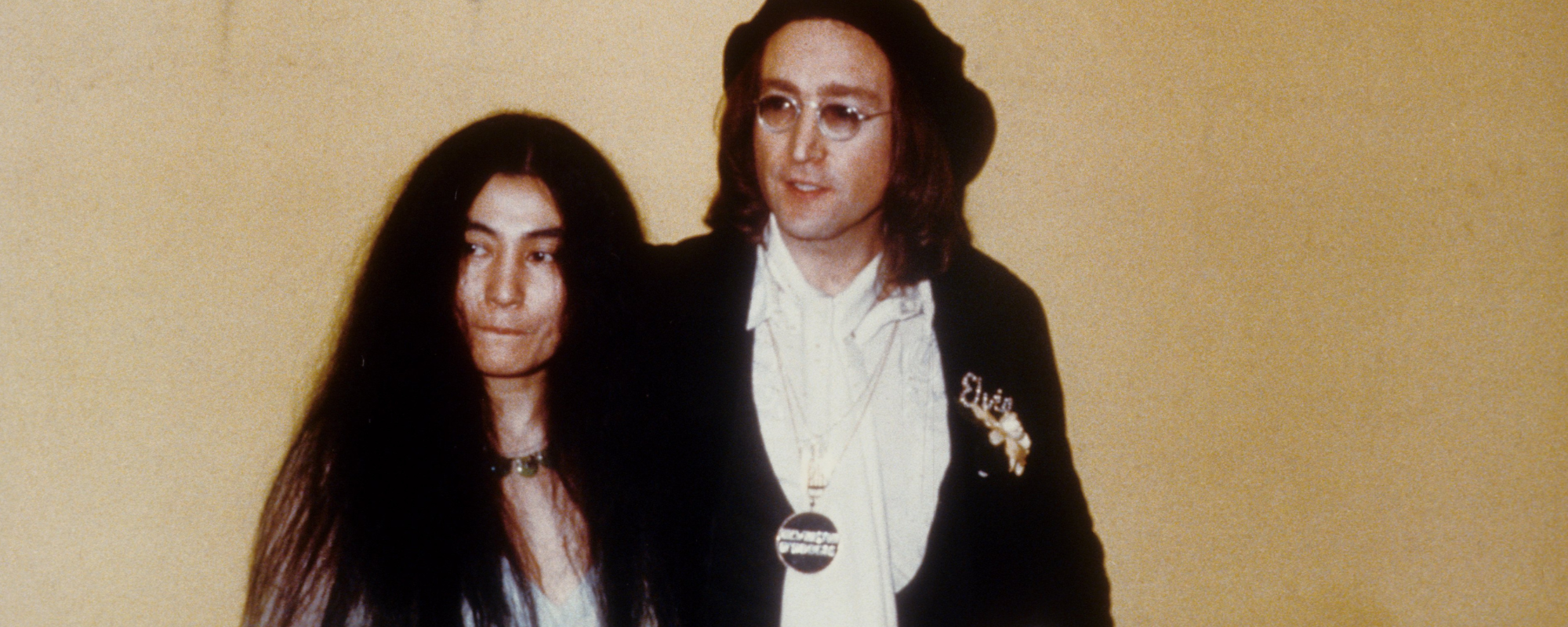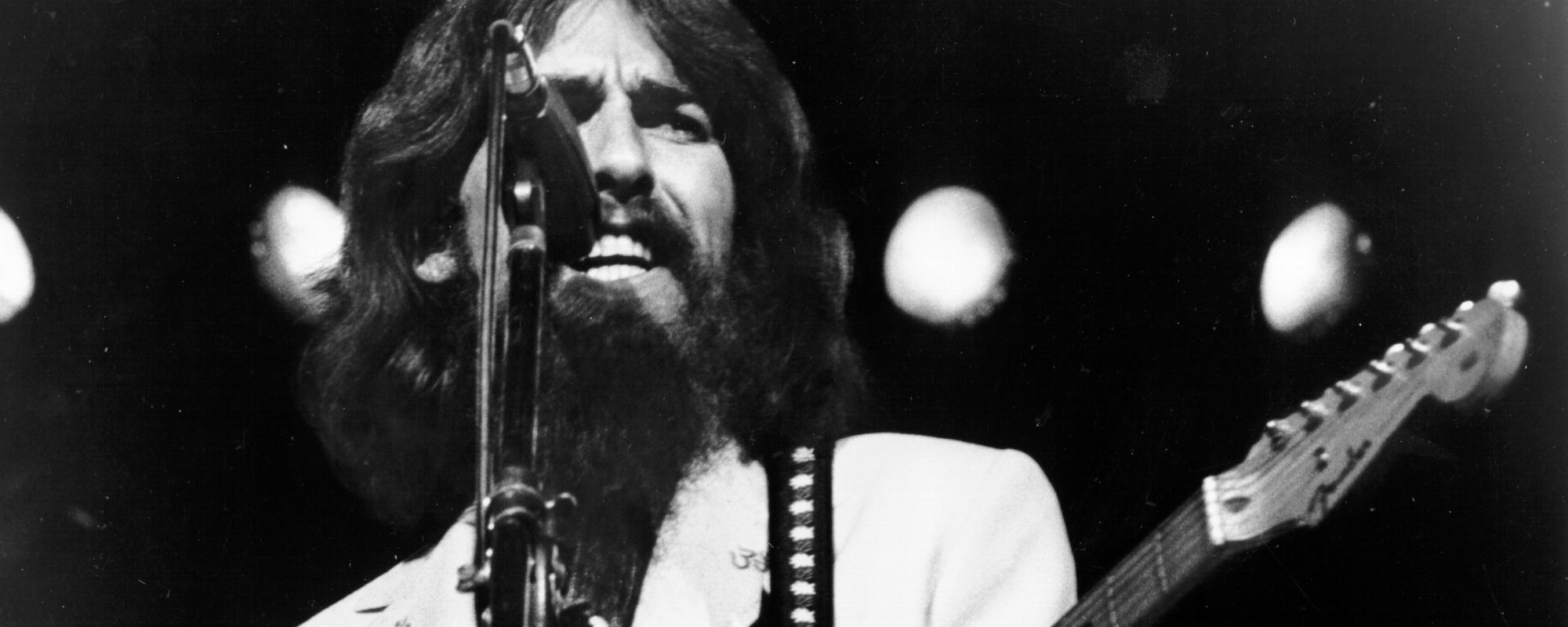The finest album of Prince’s career? That’s admittedly a tough call, but we’re going with Sign o’ the Times, his 1987 double-disc set that displayed his incredible variety. That variety came to the fore on “I Could Never Take the Place of Your Man,” when the Purple One gave us a slice of energetic power-pop majesty.
Videos by American Songwriter
What is the song about? How deep did Prince dig into the vaults to find it? And what was his disjointed process to create the album that included the song? To get the answers, we have to go back to a time when Prince created a brilliant record amidst personal and professional chaos.
Which Album Is It Going to Be?
If you look at a chronological list of Prince albums, it seems simple enough. He released Parade in 1986, and Sign o’ the Times came after that a year later. That doesn’t quite capture the vibe of what happened during that relatively short time span, when Prince prepared and scrapped three other possible releases before settling on the final version of Sign.
The first plan was to go with a double album called Dream Factory that was largely recorded with the Revolution, his backing band through all the Purple Rain-era success. Relations had soured somewhat between Prince and the band, however, and he decided to abruptly disband them, ending the Dream Factory project in the process.
Prince also briefly considered an album featuring an alter ego of sorts that he called Camille. He created this persona by toying with the speed of his vocals. After recording a bunch of tracks, he eventually decided to shelve this project as well. (You can hear examples of the Camille character here and there throughout Sign o’ the Times, most notably on “Housequake.”)
Finally, it seemed like Prince had settled on an approach: a triple album entitled Crystal Ball. Unfortunately, executives at Warner Bros. didn’t think that was a smart commercial play, and they asked him to cut it back to a double album again. And so Sign o’ the Times took its final shape as a double album, while Prince seethed at the record company interference—something that would influence his actions in years to come.
Going Way Back
When Prince decided that he didn’t want much of the Revolution-aided Dream Factory material to appear on Sign o’ the Times, it meant that he’d have to go digging for some songs. And he went way back for “I Could Never Take the Place of Your Man.” He first recorded the song in 1979, with lyrics and melody that are pretty much the same as the version he eventually released in ’87.
The main difference with the original version, which appeared on a 2020 reissue of Sign o’ the Times, was that it relied heavily on synthesizers. When Prince rerecorded the track, he gave it a much more muscular arrangement (playing all the instruments himself, of course.) He also gave himself an opportunity to show off his guitar skills by adding a pair of frenetic solos to the mix.
The Meaning of “I Could Never Take the Place of Your Man”
Prince certainly wrote and performed his share of seduction songs in his career. But “I Could Never Take the Place of Your Man” approaches matters from a different perspective. In this song, he has the potential to be the “other man,” but he refuses, suggesting that both he and the girl, recently left behind by another guy, would regret it afterward.
Prince sets the scene and details the narrator’s temptation: 10:35 on a lonely Friday night / She was standin’ by the bar, hmm, she was lookin’ alright. He shows empathy for her situation: It hurt me so bad when she told me with tears in her eyes. But he also shows savvy in knowing that it might be best in the long run to keep his distance: She asked me if we could be friends / And I said, “Oh, honey baby, that’s a dead end / You know and I know that we wouldn’t be satisfied.”
The sneaky trick of “I Could Never Take the Place of Your Man” is how the bouncy melody and Prince’s playful vocal delivery takes some of the heaviness out of the situation. It makes it sound like his refusal is a triumph for the both of them. And speaking of triumphs, Prince certainly enjoyed one on this song, and, for that matter, on the album that contained it as well.
When you purchase through links on our site, we may earn an affiliate commission.
Photo by Michael Ochs Archives/Getty Images












Leave a Reply
Only members can comment. Become a member. Already a member? Log in.